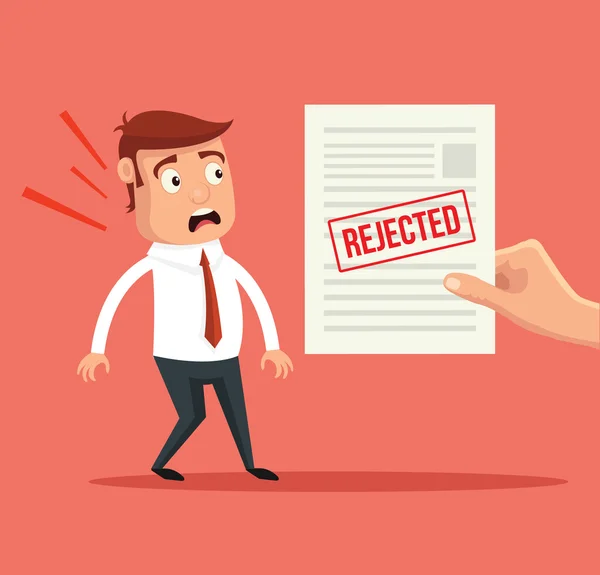In the construction industry, risk isn’t just part of the job—it is the job. And for 1099 contractors, that risk falls squarely on your shoulders.
Whether you’re a self-employed carpenter, subcontracted roofer, electrician, handyman, or general laborer, working without proper insurance leaves you exposed to lawsuits, job-site injuries, property damage claims, and project delays. Worse yet, many clients simply won’t work with uninsured contractors in 2025.
As an insurance expert in the contractor space, I’m here to break down exactly what independent construction professionals need to carry for protection, compliance, and credibility.
🧱 Why 1099 Construction Workers Must Be Insured
You may not own a large construction company or employ a big crew—but that doesn’t mean you’re off the hook for:
- Injuries on-site
- Property damage
- Tool or equipment loss
- Liability for subcontractors
- Contractual insurance requirements
Clients and general contractors now routinely require proof of insurance (a Certificate of Insurance or “COI”) before you can begin work. If you want consistent, high-paying gigs, insurance is no longer optional—it’s essential.
🔨 5 Essential Insurance Policies for 1099 Construction Contractors
1. General Liability Insurance
- What it covers: Bodily injury and property damage to others caused by your work.
- Why you need it: It’s often contractually required before you’re allowed on a job site.
- Example: You accidentally damage a client’s driveway while unloading materials—this policy helps cover the repair costs.
2. Workers’ Compensation Insurance (even if you’re solo)
- What it covers: Medical expenses and lost wages if you’re injured on the job.
- Why you need it: Some states require it even for sole proprietors; many GCs won’t hire you without it.
- Tip: “Ghost policies” are affordable workers’ comp policies designed for solo 1099s who need proof of coverage for contracts.
3. Contractor’s Equipment Insurance (Inland Marine)
- What it covers: Theft, loss, or damage to your tools and equipment.
- Why you need it: Construction gear is expensive and often stored in vulnerable places like trucks or trailers.
- Example: Someone steals your power tools from your truck overnight—this policy can help replace them.
4. Commercial Auto Insurance
- What it covers: Accidents, liability, and vehicle damage when driving for business purposes.
- Why you need it: Your personal auto policy likely won’t cover business-related accidents.
- Example: You rear-end someone while hauling lumber to a job site. Without commercial coverage, you may be denied a claim.
5. Professional Liability Insurance (Optional but recommended)
- What it covers: Claims of errors, delays, or failure to meet professional standards.
- Why it matters: In complex trades or specialty builds, this helps protect you from lawsuits tied to workmanship or design.
📝 Don’t Forget: Many Jobs Require a Certificate of Insurance (COI)
If you’ve ever been asked to submit a COI and didn’t have one, you probably lost the gig. Fortunately, modern insurers (like us) can get you covered and deliver your COI in minutes, not days.
At Bunker, we:
- Help you pick contractor-specific coverages
- Customize policies for trades like roofing, drywall, carpentry, HVAC, and more
- Issue COIs fast so you never miss a job opportunity
💼 Can You Deduct Contractor Insurance on Your Taxes?
Yes! The IRS considers business insurance premiums a legitimate business expense for independent contractors. Be sure to keep records of:
- Liability insurance
- Workers’ comp
- Commercial auto premiums
- Tool coverage and add-ons
Come tax season, your accountant (or accounting software) will thank you.
🚧 Final Thoughts: The Right Coverage Means More Jobs & Less Risk
1099 contractors are builders—but smart ones also protect what they build. Having the right insurance won’t just help you sleep at night; it’ll help you win more contracts, comply with regulations, and keep your business growing.
Don’t risk everything for a paycheck. Invest in your peace of mind.
If you’re interested in learning more please visit buildbunker.com or contact us at support@buildbunker.com!
 Commercial Insurance for 1099 Workers: A Complete Guide to Coverage, Costs & Contracts
Commercial Insurance for 1099 Workers: A Complete Guide to Coverage, Costs & Contracts Why 1099 Truck Drivers Need More Than Just Auto Insurance in 2025
Why 1099 Truck Drivers Need More Than Just Auto Insurance in 2025







